
Samantha McConaughy (Chair)
- Ph.D. candidate, program in Agronomy, specialization Plant Breeding and Genetics, University of Nebraska-Lincoln
- M.S. Plant Breeding and Genetics, University of Nebraska–Lincoln
- B.S. Genetics, Iowa State University
Adviser: David Hyten
McConaughy's research focuses on mapping recombination hotspots in soybean. She has been the vice-chair for the Plant Breeding Symposium in 2014, 2016, and 2018. She was the president of the Agronomy and Horticulture Graduate Student Association from 2014-2015. She is an active member in our department currently serving on the safety and curriculum committee.
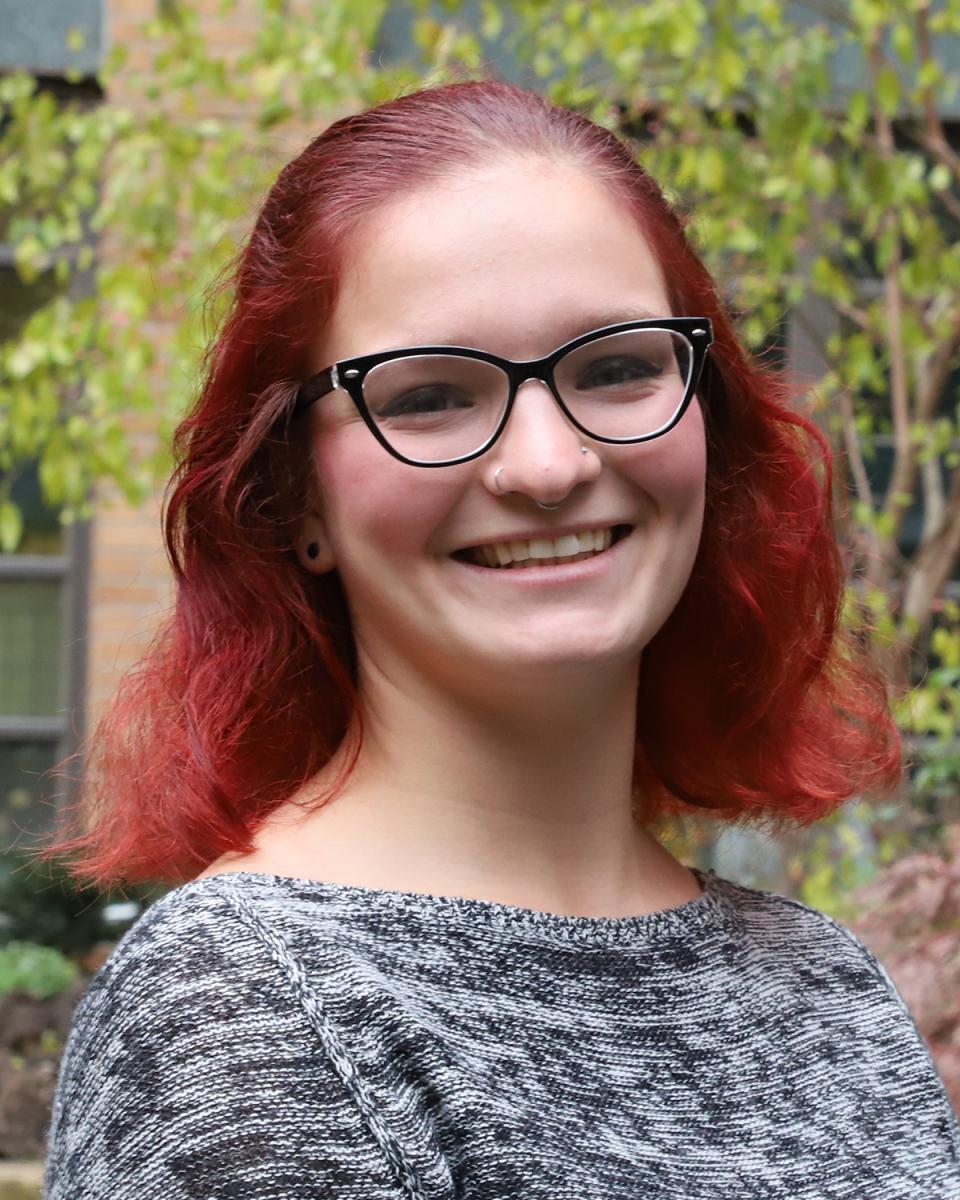
Mary Happ (Vice–Chair)
- Ph.D. student, program in Agronomy, specialization Plant Breeding and Genetics, University of Nebraska-Lincoln
- B.S. Crop Sciences, University of Illinois at Urbana-Champaign, minors in Chemistry and International Studies
Adviser: David Hyten
Happ's work focuses on quantifying phenotypic plasticity in soybeans and exploiting that within a breeding program to maximize trait stability across target geographical regions. Currently, breeder's are restricted to assessing stability until late in the breeding process, where few lines are available for selection. Happ is exploring the potential utility of several genomics approaches to provide an early selection method that enriches multi-environment trials with stable material.
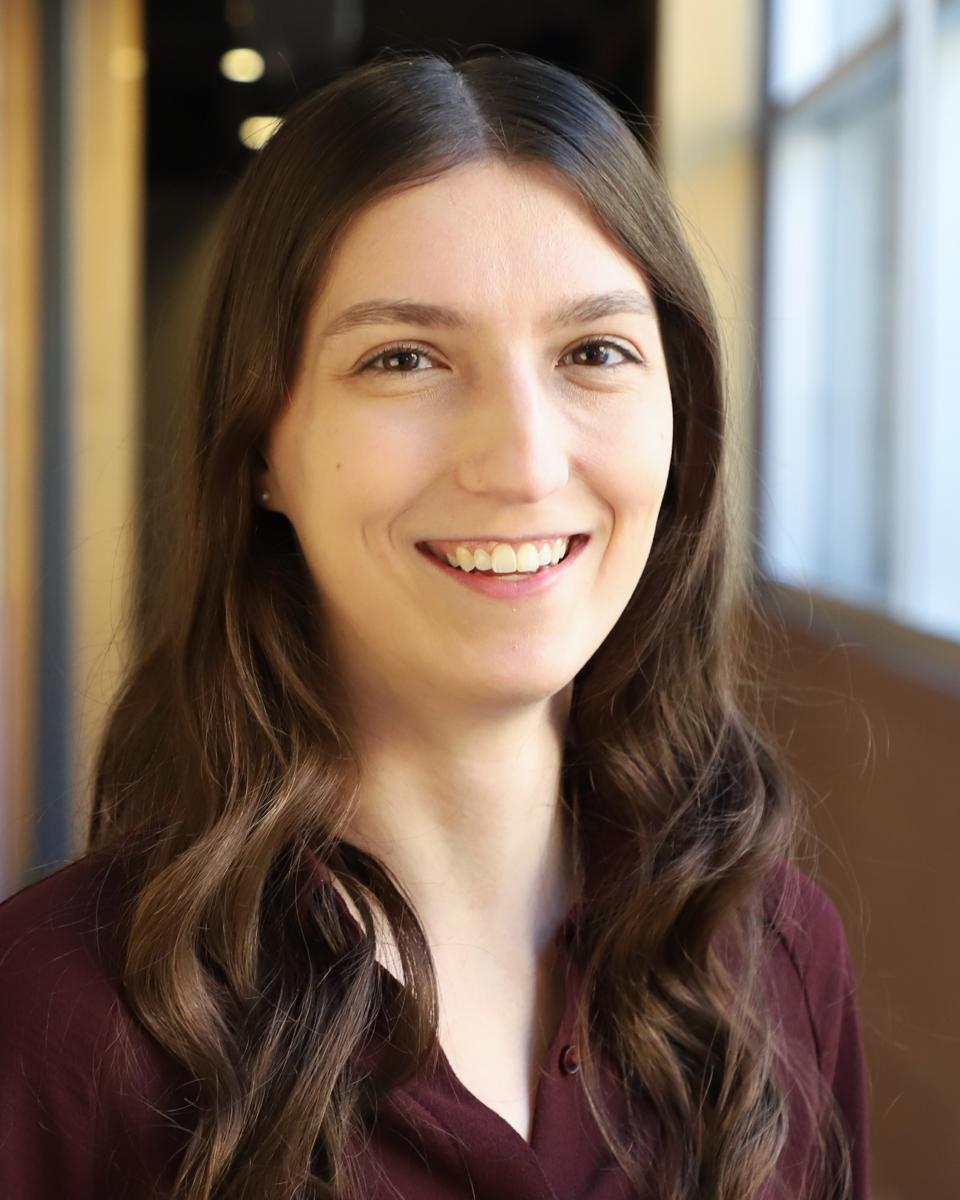
Sarah Blecha
- D.P.H. Doctor of Plant Health, University of Nebraska-Lincoln
- M.S. Agronomy, University of Nebraska-Lincoln, minor in Entomology
- B.S. Horticulture, University of Nebraska-Lincoln, minors in Chemistry and Plant Biology
Advisers: P. Stephen Baenziger and Gary Hein
Blecha is in the final year of her Doctor of Plant Health program and will graduate May 2019. During her doctorate she works as P. Stephen Baenziger's lab tech with her research focus on developing a SNP diversity panel for hybrid wheat purity testing. She also helps disease rate the wheat varieties in the field.

Preston Hurst
- M.S. program, Plant Breeding and Genetics, University of Nebraska–Lincoln
- B.S. Agroecology, University of Wyoming
Adviser: James Schnable
Hurst's research involves bioinformatics and high-throughput phenotyping platforms. His current projects are genome-wide association studies on maize and sorghum.
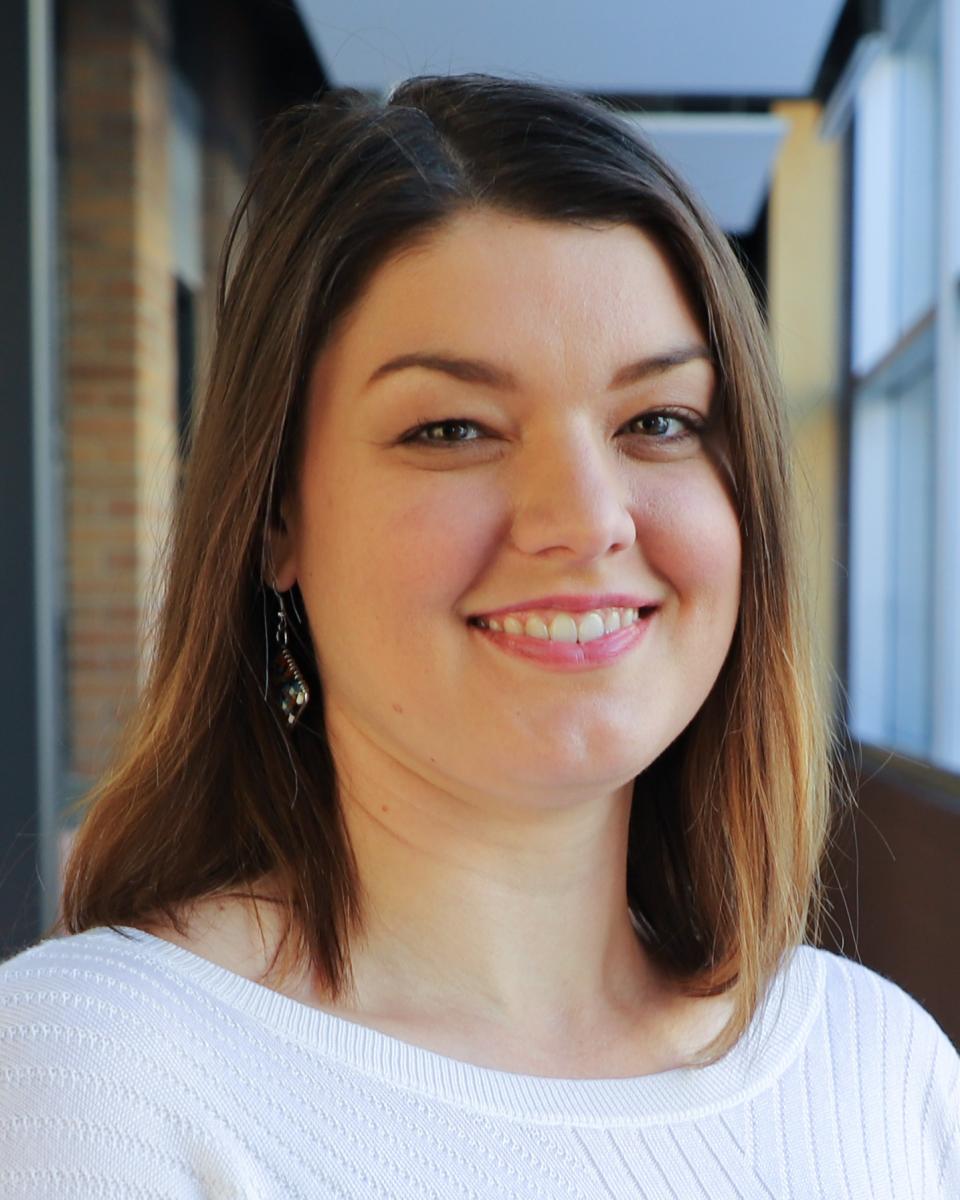
Sarah Johnson
- Ph.D., Complex Biosystems, specializing in Integrative Planted Biology, expected graduation 2021
- M.S. in Entomology from the University of Georgia (Athens, GA)
- B.S. in Biology from Winthrop University (Rock Hill, SC)
I was born and partially raised in West Virginia, near Huntington. We had a large backyard where I spent a lot of time helping my mom in the garden and had a small vegetable plot of my own. My parents always had projects going on around the house so Lowe's was about a weekly visit. Almost every time we went my parents would allow me to choose a plant to take home, within a certain price range ofcourse. My favorite thing was to choose a plant from what I call "death row" (discounted plants in back) to nurture back to life. I learned a bit about the different plant stresses doing this and I still rescue plants from "death row" to this day. My family later moved to Myrtle Beach, SC when I was a teenager and thus recognize SC as my home state. I spent more time at the beach than in the garden then, but my fascination with plants and insects persisted.
I am currently a graduate student in the Complex Biosystems Ph.D program specializing in Integrative Plant Biology here at Nebraska. I earned my B.S. in Biology from Winthrop University (Rock Hill, SC) and my M.S. in Entomology from the University of Georgia (Athens, GA). I then worked for Dr. Wayne Parrott as a technician for a few years at UGA on soybean transformation projects via biolistics (gene gun). I was also in charge of lab safety training, ordering/budgeting, and other lab managerial duties.
My current focus is a project initiated by Dr. David Hyten and Dr. Tom Clemente of UNL investigating the processes controlling meiotic crossover (CO). Increasing the sheer number of meiotic crossovers or altering meitotic crossover "hotspots" could unlock genetic diversity which will have many breeding applications. Genes have been identified in Arabidopsis mutants to alter CO. Orthologs of these genes have been chosen in soybean to be a target for RNA interference using transgenic technology via agrobacterium. Another, yet related, project of mine is to explore alternative high-throughput sequencing techniques to decrease labor and increase cost efficiency.
My professional goal is to acquire a position to study and improve plants partly by measuring their interactions with abiotic and biotic stresses. I value all work within crop improvement from the genetic level, bioassays, and the way they translate to production efficiency in the field. A position within an industry setting focusing on plant research or crop production would be ideal for me, particularly if happens to have an entomological aspect. This degree from University of Nebraska should prepare me for a career contributing to the field of plant science.

Rituraj Khound
- Ph.D. student in Agronomy and Horticulture with specialization in Plant Breeding and Genetics, University of Nebraska-Lincoln
- M.S. Molecular Nutrition, University of Nebraska-Lincoln
- M.S. Biotechnology, SRM Institute of Science and Technology, India
- B.S. Life Science (Major in Botany), Dibrugarh University, India
Adviser: Dipak Santra
Khound’s work focuses on the genetic improvement of proso millet using modern breeding tools. One of the goals of his research is to identify the QTLs linked to important traits like yield, drought tolerance, shattering and lodging tolerance. Another objective of Rituraj’s work is to study the effectiveness of using high-throughput plant phenotyping in proso millet breeding. His leisure time activities are playing drums, photography, gardening, and workout.
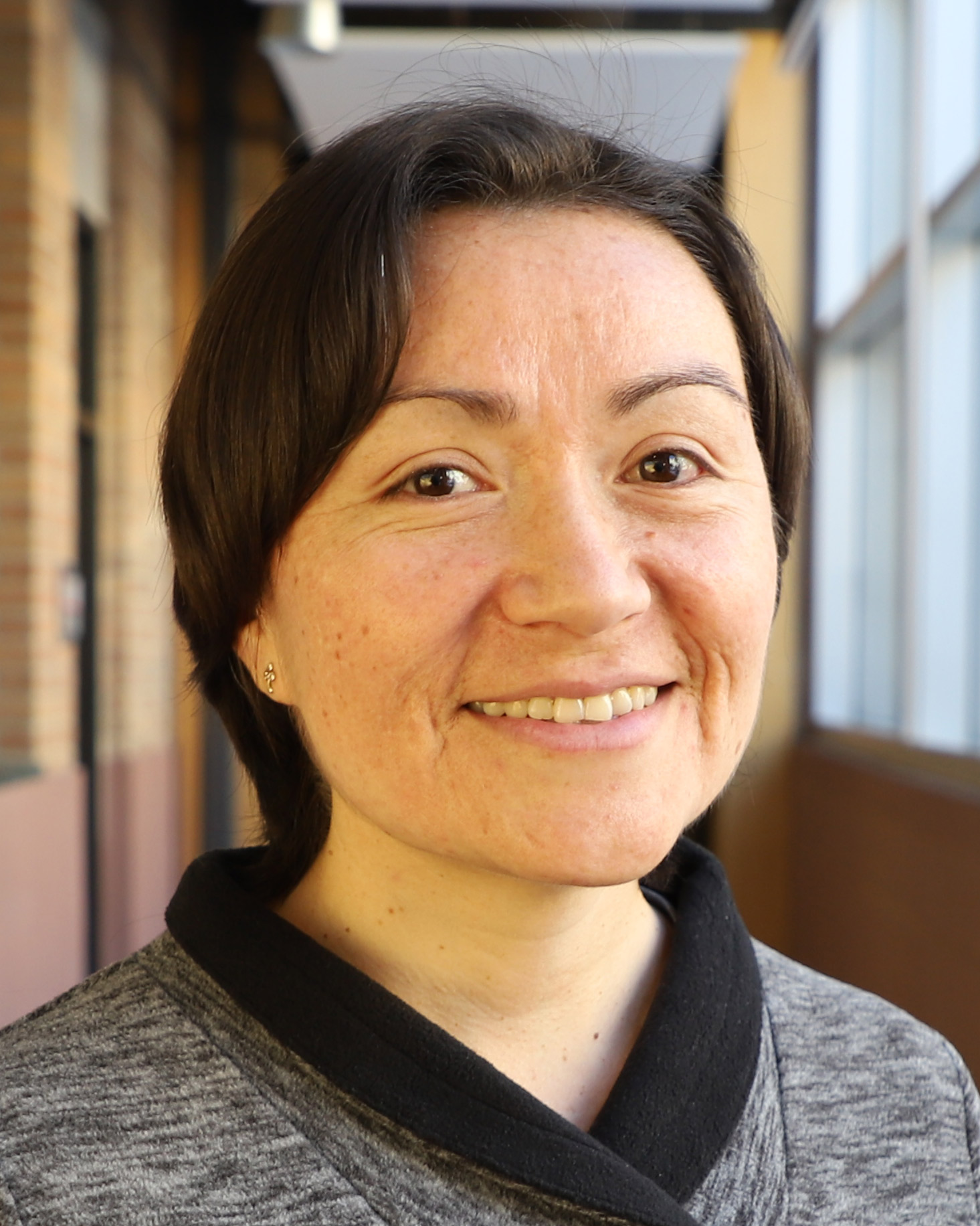
Erika Sanchez-Betancourt
- Ph.D. student, program in Agronomy, specialization Plant Breeding and Genetics University of Nebraska-Lincoln
- M.Sc. Plant Breeding and Genetics, National University of Colombia
- B.Sc. Biology, Pedagogical and Technological University of Colombia - UPTC
Adviser: Carlos Urrea
Sanchez’s research focuses on establishing the genetic basis of bacterial wilt resistance in common bean in order to introgress this trait into new cultivars. The identified genetic loci have the potential to support dry bean breeding programs. After an academic break of almost four years, Erika began her doctoral program in January 2018 to pursue a career that better allows her to face the challenges in agriculture, especially in disadvantaged regions.
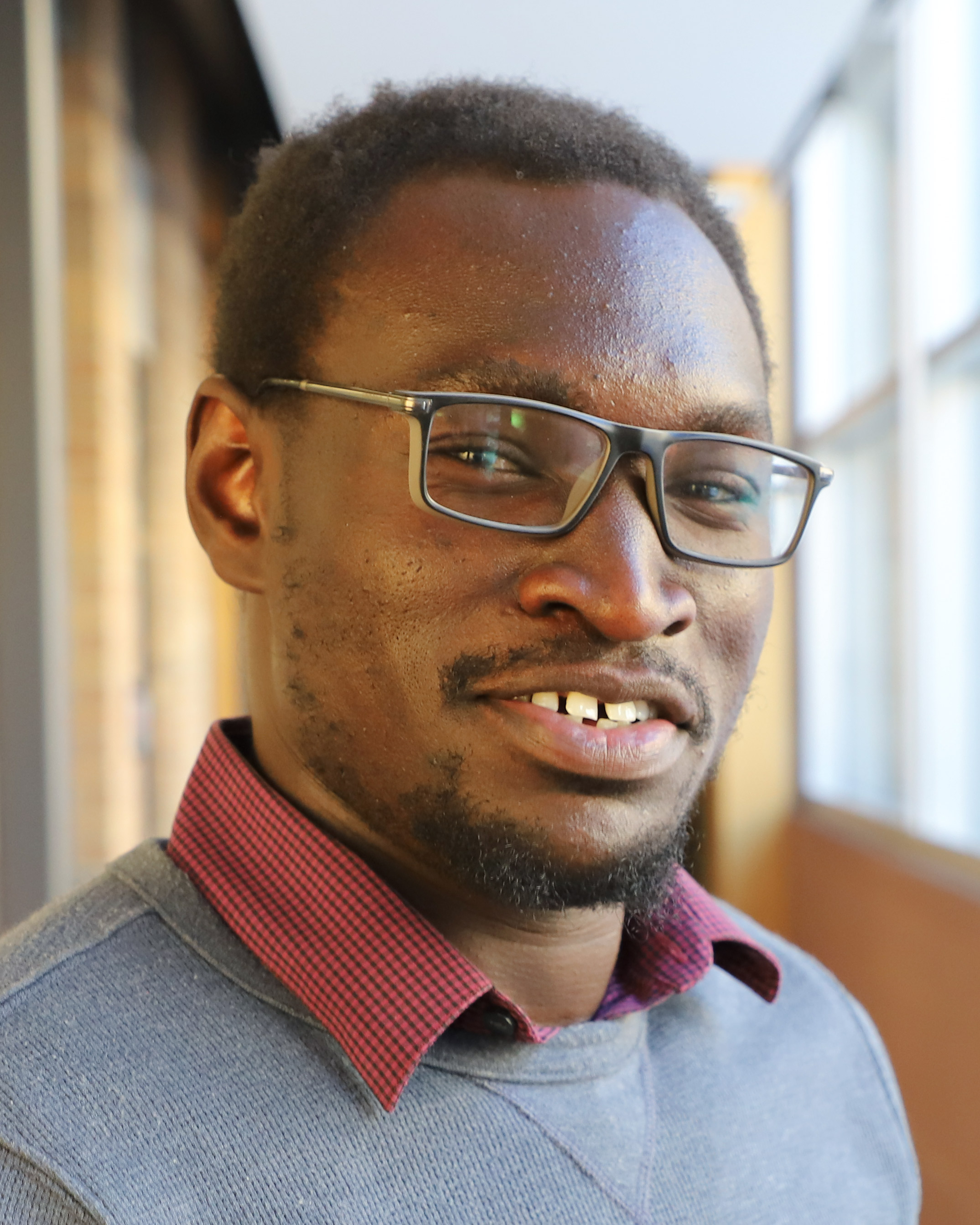
Herbert Sserunkuma
- Ph.D. student, Agronomy, specialization Plant Breeding and Genetics, University of Nebraska-Lincoln
- M.S. Plant breeding and genetics, University of Nebraska-Lincoln
- B.S. Agriculture, Crop Science. Makerere University, Kampala, Uganda
Adviser: George Graef
Sserunkuma is a Ph.D. student from Uganda and his current research focuses on the efficiency of recurrent selection for the improvement of soybean seed protein content and its effect on other soybean seed composition and agronomic traits using genetic markers at targeted genomic regions to study allele frequency changes and genetic variance as well as explore the application of genomic selection for seed protein content. Sserunkuma is a former Borlaug Higher Education for Agricultural Research and Development fellowship scholar.
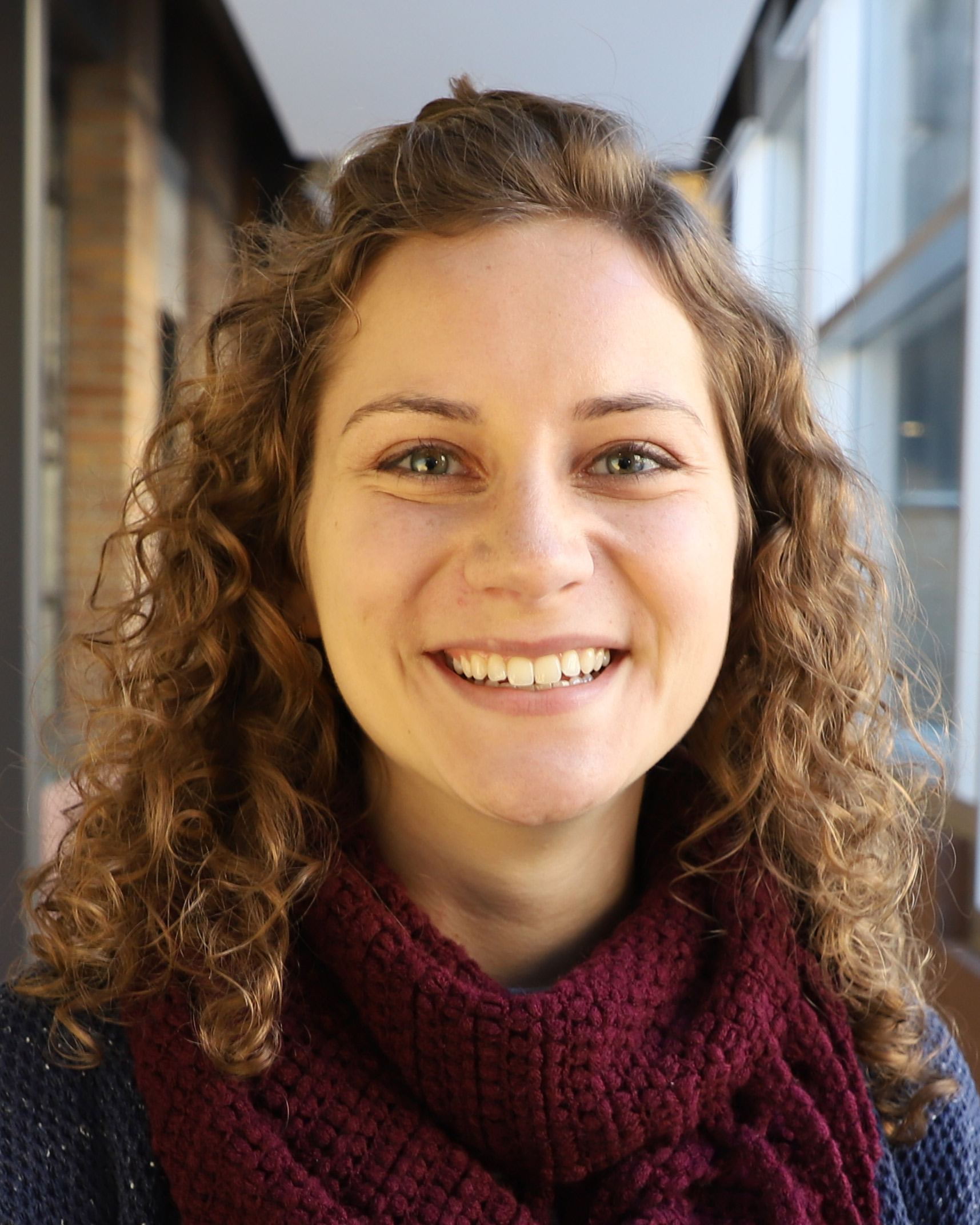
Hannah Stoll
- M.S. Plant Breeding and Genetics, University of Nebraska- Lincoln
- B.S. Crop Sciences (Plant Biotechnology) and Molecular Biology, University of Illinois at Urbana Champaign
Adviser:P. Stephen Baenziger
Stoll is a master’s student at the University of Nebraska-Lincoln studying Plant Breeding and Genetics under P. Stephen Baenziger. Her work focuses on hybrid wheat breeding, specifically assessing female traits such as stigma receptivity, floral gape and other characteristics key to the success of hybrid wheat. In addition to serving as Catering and Symposium Supplies Committee Chair for the NPBS Committee, Hannah enjoys being active in the Agronomy Horticulture GSA, line dancing with friends, and discovering new coffee shops.